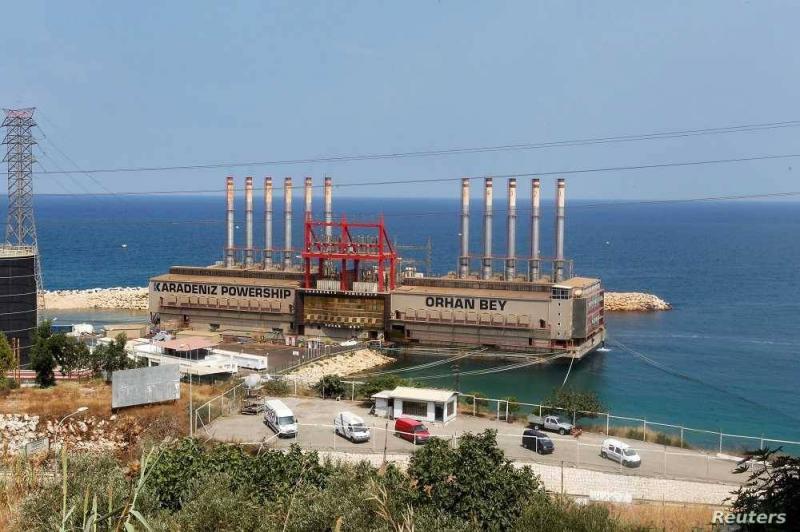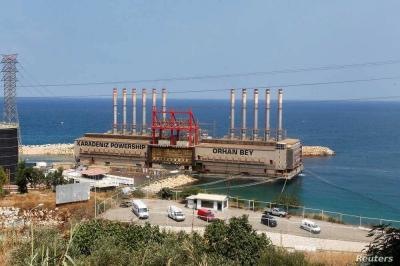Electricité du Liban announced a brief nationwide blackout on Saturday before restarting the network, according to a statement published by the National News Agency. The company indicated that power plants stopped producing electricity due to the depletion of "fuel oil," which led to a total production capacity drop below 500 megawatts. As a result of this shortage, the network experienced a temporary total blackout before the company worked to restore it with the remaining resources available. It has become "almost impossible" to maintain stability and security in the electricity network under these very difficult operating conditions, according to the statement. The company warned of a "total collapse of the network at any moment" and the impossibility of rebuilding it again, particularly due to the low production capacity on one hand and the continued existence of main substations that are out of the company's control on the other hand.
It added that the second shipment from the Iraqi exchange agreement, loaded with fuel oil, is expected to be discharged today. However, it stated that "the load of this shipment alone will not be sufficient to significantly raise the production capacity." It clarified that there are two plants relying on "gas oil," which are also nearing depletion, and these two plants "form the backbone" of electricity production in Lebanon. On September 23, the Electricité du Liban warned of a nationwide power outage by the end of September as its fuel reserves dwindled. Lebanon is burdened with one of the worst economic crises in modern history and has suffered from worsening fuel shortages in recent months, with most Lebanese relying on private generators for electricity. Iraq signed an agreement in July allowing the cash-strapped Lebanese government to pay for one million tons of heavy fuel oil over a year with goods and services.




